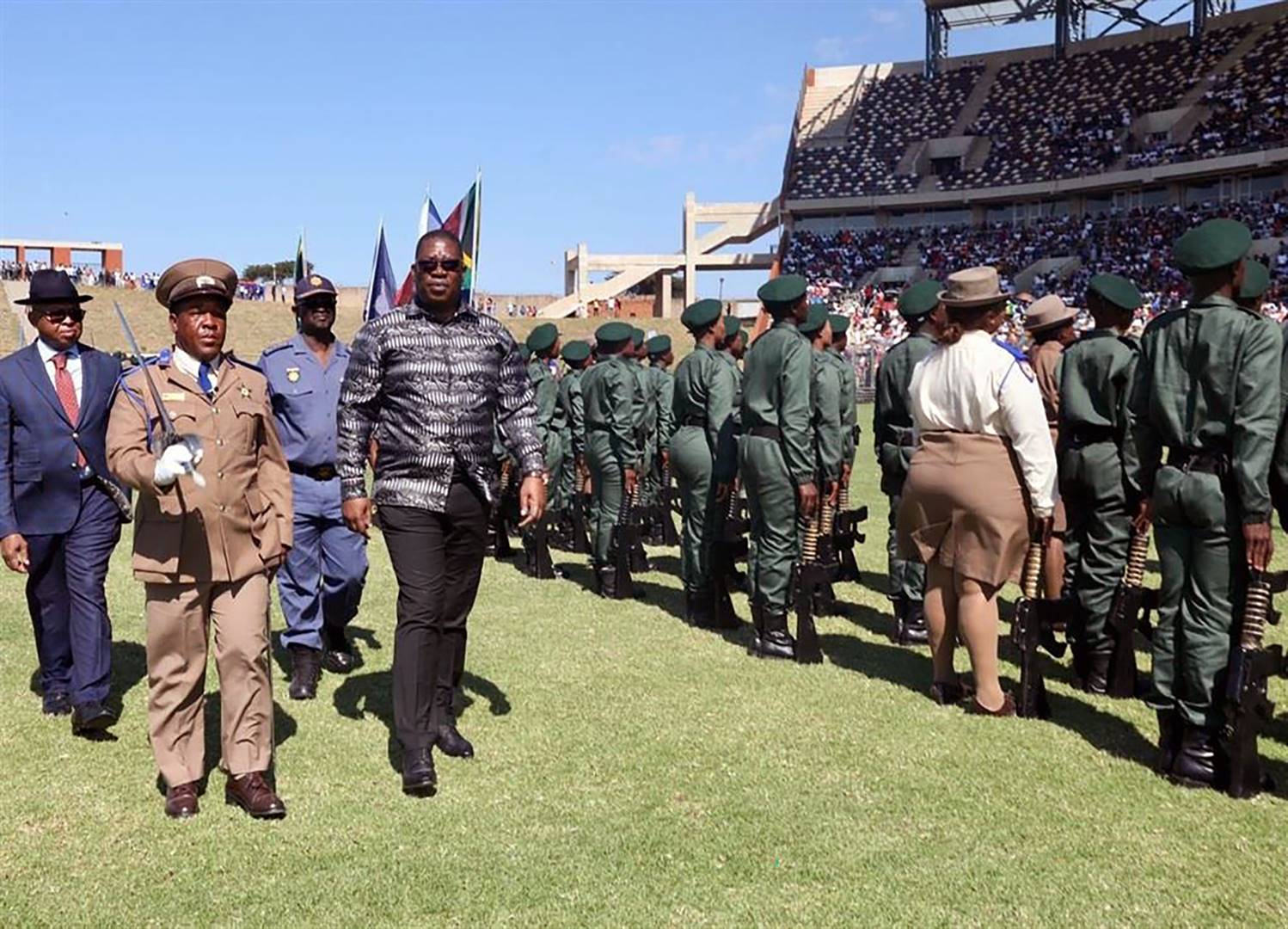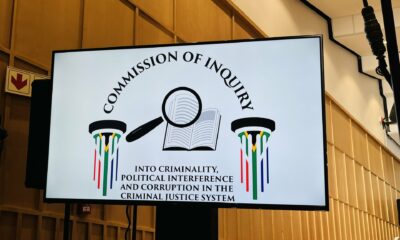News
Mkhwanazi Flags Legal Concerns Over Gauteng’s ‘AmaPanyaza’ Crime Wardens

Mkhwanazi Raises Red Flag Over Gauteng’s Controversial Crime-Fighting Wardens
KwaZulu-Natal Police Commissioner Lieutenant General Nhlanhla Mkhwanazi has told Parliament that Gauteng’s Crime Prevention Wardens, popularly known as “AmaPanyaza”, operate in a legal grey areadespite Premier Panyaza Lesufi’s well-meaning intentions.
Speaking before the Ad Hoc Committee probing police corruption and governance, Mkhwanazi highlighted a clash between provincial initiatives and the SAPS Act, stressing that the wardens were never legally sanctioned.
Good Intentions, But Outside the Law
Mkhwanazi recounted raising his concerns during a meeting of the SAPS Board of Commissioners (BOC), the highest decision-making body of the national police. The commissioner explained that while Lesufi aimed to strengthen community safety, the structure he created was unauthorised by law.
“When the premier of Gauteng, with good intentions to fight crime, started a unit that by law should not existthe Mapanya-panya that is famousI raised that at the BOC and I said this is illegal,” Mkhwanazi told MPs.
Despite the objections, training of the wardens continued. Legal Services later advised Minister Bheki Cele not to formalise the unit under the Police Act.
“To date, that unit, that group of members, could not be incorporated into the Police Act. They are still there in Gauteng… legally they are not supposed to be there,” he emphasised.
Background: From Traffic Officers to Crime-Fighting Wardens
In 2023, Justice Minister Ronald Lamola granted the wardens the same legal status as provincial traffic officers, allowing them to act in a limited peace officer capacity. This designation, however, does not give them full policing powers. The move came after Gauteng’s government sought to equip 6,000 wardensestablished under Lesufi and then-MEC Faith Mazibukoto combat rising crime.
The wardens received three months of training in Cullinan, but quickly made headlines for crashing over 22 BMW vehicles assigned to them, highlighting operational challenges alongside legal uncertainties.
Lamola engaged with Lesufi and Cele to try to formalise the unit under Section 334 of the Criminal Procedure Act, which allows peace officer powers to be conferred on designated individuals. Despite these efforts, the wardens remain outside the formal legal framework of SAPS.
Public Reaction and Commentary
Social media reactions have been mixed. Some Gauteng residents applaud Lesufi’s proactive approach to crime prevention, while others question the risks of empowering a semi-legal force without proper oversight. Analysts note that Mkhwanazi’s warnings highlight a broader tension between provincial innovation and national policing law, a recurring theme in South Africa’s crime governance debates.
“It’s a cautionary tale,” said one security analyst. “Even well-intentioned initiatives can create legal and operational headaches if not fully aligned with national legislation.”
The fate of the AmaPanyaza remains uncertain. While the Gauteng government continues to advocate for legal recognition, Parliament’s scrutiny and SAPS’s legal advice suggest the unit cannot operate beyond its traffic officer mandate.
For now, the wardens continue patrolling communities in a legal limbo, a living reminder that in South Africa, good intentions must still walk the tightrope of the law.
{Source: IOL}
Follow Joburg ETC on Facebook, Twitter , TikTok and Instagram
For more News in Johannesburg, visit joburgetc.com



























